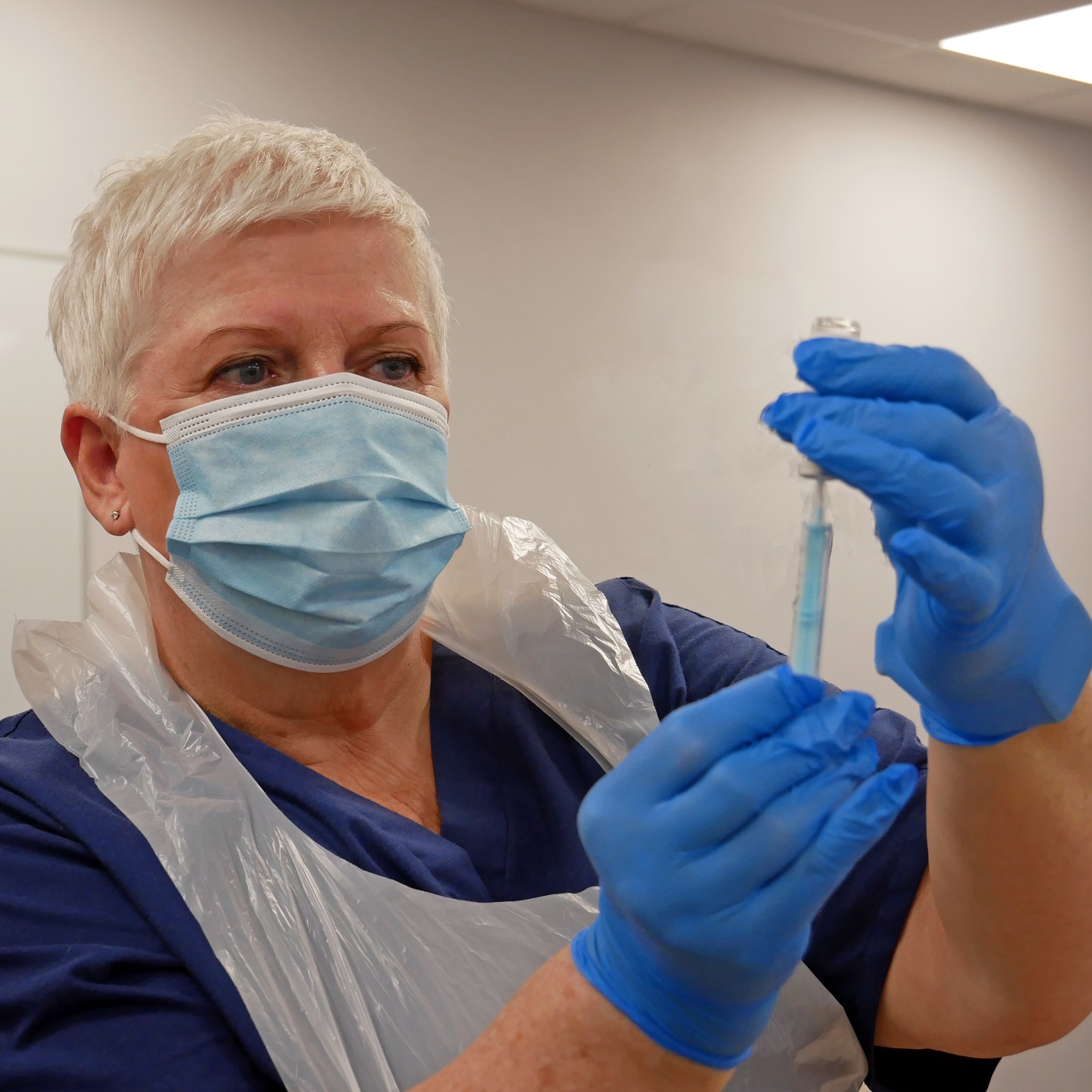
UK Social Enterprise Awards 2024
UK Social Enterprise of the Year
Sponsored by Keegan & Pennykid. This award recognises the leading social enterprise in the country. It is presented to a business that has a clear vision, excellence in impact, and that has demonstrated and promoted social enterprise beyond the sector. Find out who has made the shortlist below: Bath Spa University Bath Spa University is a dynamic and creative institution located in a World Heritage City. With a strong focus on professional creativity, the University offers a diverse range of courses to 14,000 students. As one of Bath's largest employers, it drives regeneration, business innovation, and community engagement. The University incubates creative microbusinesses, collaborates with the third sector and actively grows the social economy in the South West. @bathspauni Change Please CIC Change Please is an innovative social enterprise revolutionising the approach to tackling homelessness through its holistic programs. By training individuals experiencing homelessness as baristas and providing them with essential support services, Change Please creates pathways to stable employment and housing. Its "Driving for Change" initiative repurposes buses to deliver comprehensive health, social and employment services across London. Partnering with organisations like Colgate and HSBC, Change Please supports thousands annually and champions social change through impactful scalable solutions. @changeplease Community Impact Initiative The Community Impact Initiative (Cii) is an award-winning not-for-profit organisation that strives toachieve positive socio-economic change in disadvantaged communities through its innovative propertyregeneration cycle. It purchases long-term empty homes in communities affected by the housing crisis, where residents face high levels of poverty, unemployment, and social isolation. With each housing renovation, community members are supported to learn new skills, improve their wellbeing, achieve qualifications, and find a path to employment, or a future to look forward to. Once completed, properties are either sold, with all profits reinvested into the social enterprises's community activities, or used in partnership with local authorities to house vulnerable people. @theciiuk Community Shop Community Shop, the UK’s first social supermarket, delivers measurable social and environmental impact by offering deeply discounted food and life-changing development initiatives. By providing high-quality fresh and affordable food, and equipping members with the skills they need for the future, this unique social enterprise helps build stronger individuals and more confident communities. Its sustainable partnerships with businesses ensure that surplus stock is effectively redistributed, tackling food waste and creating a lasting positive impact for communities. @communityshops Isle of Gigha Heritage Trust Isle of Gigha Heritage Trust (IGHT) celebrates 22 years of community ownership of the island of Gigha, which was purchased by the community in March 2002. It has not always been easy, managing a considerable asset with a population of about 110 people but by working collectively and bringing in expertise and support from a range of stakeholders they continue to shine as an example of community wealth building. IGHT demonstrates collective leadership and sustainable development throughout and across their broad range of activities. Their business model and inter-company accounts, including Gigha Trading, Gigha Renewable Energy Limited, Gigha Green Power Ltd and Isle of Gigha Heritage Trust, as parent company, operate to support the community now and for the long term future. London Early Years Foundation The London Early Years Foundation (LEYF) is now one of the UK’s largest children’s charitable social enterprises, operating 40 nurseries for over 4,100 children, with a specific focus on supporting disadvantaged children in the most deprived areas. Under the leadership of June O’Sullivan OBE, LEYF nurseries provide high-quality education and care to children because of its unique pedagogy for social justice, which ensures all children will exceed, whilst also going above and beyond to support families and communities. @leyfonline Turning Point Turning Point is one of the UK’s leading health and social care providers. From detox treatment to supported living, its services help people tackle substance use and mental health issues, and those with learning disabilities lead independent lives. @turningpoint_uk Waste to Wonder Worldwide Waste to Wonder Worldwide is challenging people’s perception of waste. It does this by clearing unwanted furniture and equipment from its customers’ workplaces and redistributing it to schools and hospitals in the UK and abroad. This innovative programme, called School in a Box, has helped over 1,400 schools in 40 countries and provided vital supplies to people following natural and humanitarian disasters. It’s also driving generational change in disadvantaged communities by helping to address keyenvironmental and social challenges. @_wastetowonder_ The Workspace Group Workspace is a ‘profit for purpose’ social enterprise founded in 1985 in Draperstown, a small village in Mid Ulster, by 170 members from the local community. The organisation emerged as a direct response to local decline, deprivation, and rising unemployment. The initial business model aimed to generate rental income from business units, which was then used to fund the provision of free business advice to support local entrepreneurs to start businesses and create jobs in the area. Workspace has grown significantly since 1985, and in addition to providing incubator units, it has diversified its operations to include several commercial businesses. These generate surpluses, which are gifted back to the parent company, Workspace Draperstown Ltd, to enable it to carry out its social mission. @TheWorkspaceGro
4 min







